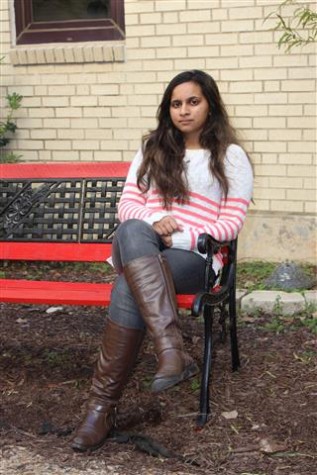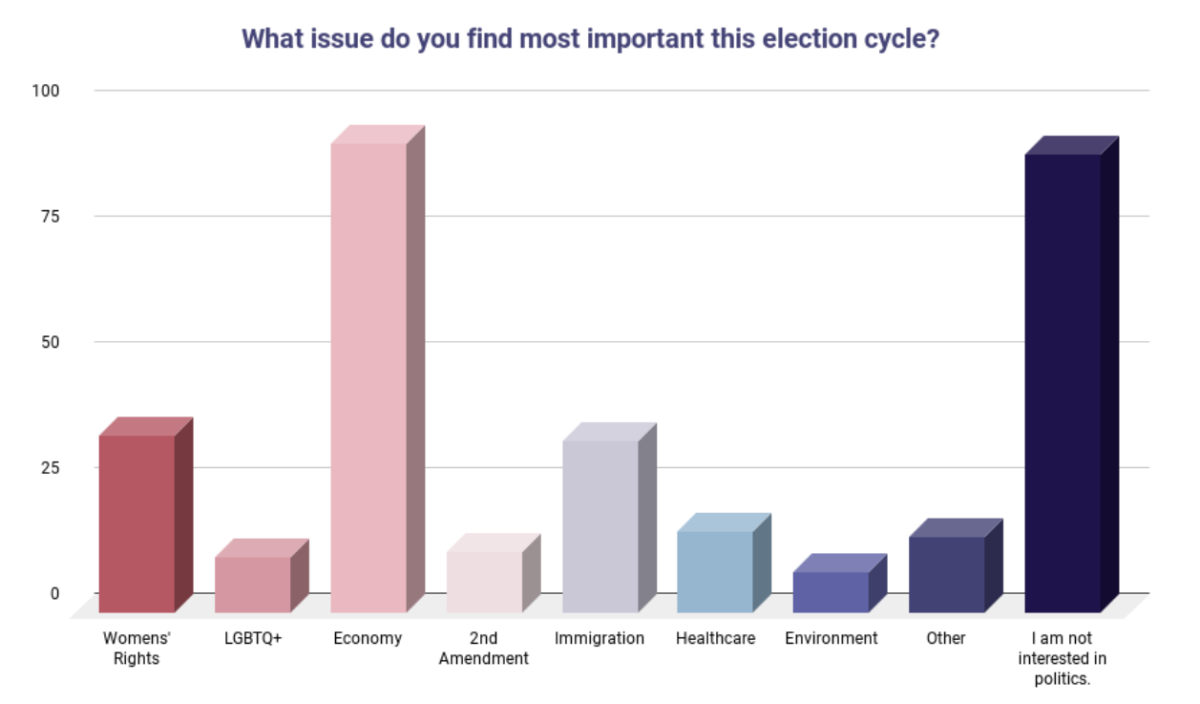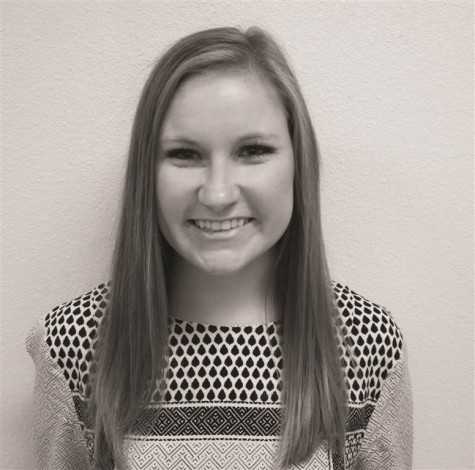American pride and high spirits filled the halls of Lamar Middle School as senior Maha Ali walked into her seventh grade Texas History class on May 2, 2011. Earlier that morning, news broke that al-Qaeda founder and leader Osama bin Laden had been killed by Navy SEALS after a decade long manhunt for the alleged mastermind behind the 9/11 attacks. As she sat at her desk a voice from the back of the room broke the silence.
“Hey Maha, I heard your leader died.”
At first, Ali was confused. She didn’t understand what the boy meant by her “leader.” As she sat and thought it over she realized that just because she was Muslim he assumed that she supported bin Laden and his actions. Ali’s mind went to chaos. She didn’t know whether to be enraged or sad at his ignorance, to yell at the boy or stay silent. She had never been faced with problem before. Usually everyone was nice and respectful to her and her religion.
Ultimately her rage outweighed all of her other emotions and Ali exploded into a fit of screams.
“I started shouting ‘that’s not okay to say to people’ and ‘you can’t say that kind of stuff,” Ali said.
According to Ali, the comment wouldn’t have made such an impact on her if it was said to her in a private conversation.
“I think what was worse was that it wasn’t just personally me, but my friends would hear it too,” Ali said.
Ali said she understands that the boy’s statement came from a place of hate and not everyone has the same views as him. She believes that mainstream media and how they present their news coverage to viewers can have influence on how people view Muslims.
“I believe that the media could use better rhetoric in the sense that if you put ‘Islam’ and ‘terrorist’ in the same sentence, you’ll naturally start linking those words,” Ali said.
This discrimination became a part of everyday life after news broke that ISIS claimed responsibility for the November Paris attacks that left over 130 dead.
Though the terrorist group claims to commit their crimes in the name of Islam, most Muslims advocate that Islam encourages peace to its followers. Ali said that ISIS does not accurately represent the faith or its teachings but due to having “Islamic” in their title the two, terrorism and Islam, are linked once again.
“After the Paris attacks there was a new wave of Islamophobia and it got a lot stronger,” Ali said. “After [the attacks] you could tell there was a lot more fear and lot more hate towards Muslims.”
Regardless of Islamophobia’s presence Ali said that Flower Mound has a strong community for Muslims. She is heavily involved herself beyond just attending the mosque. Ali volunteers with children, puts on youth events and is a Sunday School teacher’s aide.
Despite being active in the community and faith, Ali said that at first glance she doesn’t obviously appear as a Muslim woman is stereotypically portrayed. This could be due to the absence of a hijab or any other form of headscarf.
“The faith asks us to be modest in our apparel,” Ali said. “It is up to the woman to decide how she takes on that modesty and when she does want to wear the headscarf. It is not forced upon us like a lot of people think.”
According to a 2007 study from Pew Research Center, 51 percent of American Muslim women wear a form of headscarf some or all of the time since it is not mandated by the faith.
“It’s like some people wear jeans and some people wear trousers,” Ali said. “Some women wear headscarves and some women don’t.”
For Ali, she is unsure if she will ever wear the headscarf. The scarf would symbolize her strength of faith but she knows that if she does wear it she could face public scrutiny and hateful comments.
“It’s like a wearing your heart on your sleeve kind of thing,” Ali said. “It’s scary to take that step and it takes a lot of bravery to wear it.”
Growing up as a Muslim in Flower Mound Ali says she has not received near the amount of persecution as those that live in other parts of the world.
The incident in Texas History was the only time hatred has been blatantly directed at Ali.
At school she is not faced with ignorant and Islamophobic comments on a daily basis.
In a predominantly white and Christian community such as Flower Mound, knowledge about Islam might be sparse.
Ali says that she and other members of her faith are always open to answering questions and informing citizens.
“There are mosques and people that are willing to talk to you about it,” Ali said. “Do your own research besides just googling it. Go to your local Muslim community and they’d be more than willing to talk.”









